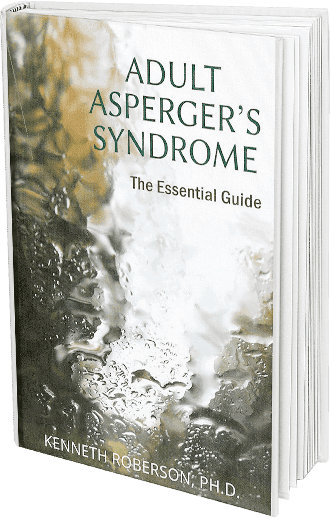
Introduction
Love knows no boundaries, and relationships are built on understanding, compassion, and open communication. For neurodiverse couples, where one partner has Autism Spectrum Disorder (ASD), nurturing a fulfilling and harmonious relationship requires unique considerations. Click here if you’re looking for more about what is done in neurodiverse couples therapy. In this article, we will delve into the essential aspects of relationship boundaries and expectations, exploring how partners can create a supportive and loving environment that fosters growth and mutual respect.
Understanding Neurodiversity and Autism Spectrum Disorder
Neurodiversity is the acknowledgment that individuals have diverse neurological characteristics and that these differences should be recognized and respected. Autism Spectrum Disorder is a neurodevelopmental condition characterized by challenges in social communication and behavior. Understanding the impact of ASD on the neurodiverse partner is crucial for the neurotypical partner to foster empathy and develop patience.
Educating oneself about ASD can lead to greater appreciation for the strengths and challenges that accompany it. By learning about the unique perspectives and experiences of neurodiverse individuals, the neurotypical partner can better navigate the dynamics within the relationship.
Effective Communication for Neurodiverse Couples
Communication lies at the heart of every successful relationship, but it can present unique challenges for neurodiverse couples. For the neurotypical partner, it is essential to recognize that communication styles may differ significantly between partners.
Practicing patience and active listening can help create a safe space for the neurodiverse partner to express their thoughts and feelings. Avoiding assumptions about the other’s intentions and perspectives can prevent misunderstandings and potential conflicts.
Establishing regular communication check-ins can also be beneficial for neurodiverse couples. These moments of open dialogue provide opportunities to discuss emotions, concerns, and ongoing needs within the relationship, promoting a deeper connection and understanding.
Recognizing and Managing Sensory Sensitivities
Individuals with ASD often experience sensory sensitivities, which can impact their daily life and interactions with others. Neurotypical partners can play a vital role in recognizing and accommodating these sensitivities to create a comfortable and supportive environment.
By learning about the specific sensory challenges faced by the neurodiverse partner, the neurotypical partner can work together to identify triggers and implement sensory-friendly strategies. For instance, establishing a designated quiet space at home or using noise-cancelling headphones in crowded places can help alleviate sensory overload.
Setting Clear Relationship Boundaries
Boundaries are essential in any relationship, and they become even more crucial in neurodiverse partnerships. Both partners should engage in open discussions to establish clear boundaries that address their emotional, physical, and personal needs.
For the neurotypical partner, it is crucial to understand that certain social situations may be overwhelming for the neurodiverse partner. Agreeing on cues or signals to indicate when the neurodiverse partner needs a break or space can help avoid unnecessary stress and misunderstandings.
Managing Emotional Intimacy and Physical Affection
Emotional intimacy and physical affection are integral parts of a romantic relationship. For neurodiverse couples, navigating these aspects may require a deeper understanding of each other’s needs and comfort levels.
The neurotypical partner should be sensitive to the neurodiverse partner’s boundaries when it comes to physical touch and intimacy. Some individuals with ASD may experience sensory challenges related to physical contact, and mutual consent and respect are paramount.
Conclusion
Love between neurodiverse partners can thrive and grow when nurtured with empathy, open communication, and a profound appreciation for neurodiversity. By understanding Autism Spectrum Disorder and its impact on their relationship, neurotypical partners can create an environment that fosters growth, mutual respect, and emotional connection.
Acknowledging and respecting each other’s boundaries, establishing effective communication, and providing support for sensory sensitivities can strengthen the bond between neurodiverse partners. Together, they can embark on a journey of love and understanding, navigating the challenges of ASD with compassion and patience.
Dr. Kenneth Roberson is an Autism Spectrum Disorder psychologist in San Francisco with over 30 years of experience.




